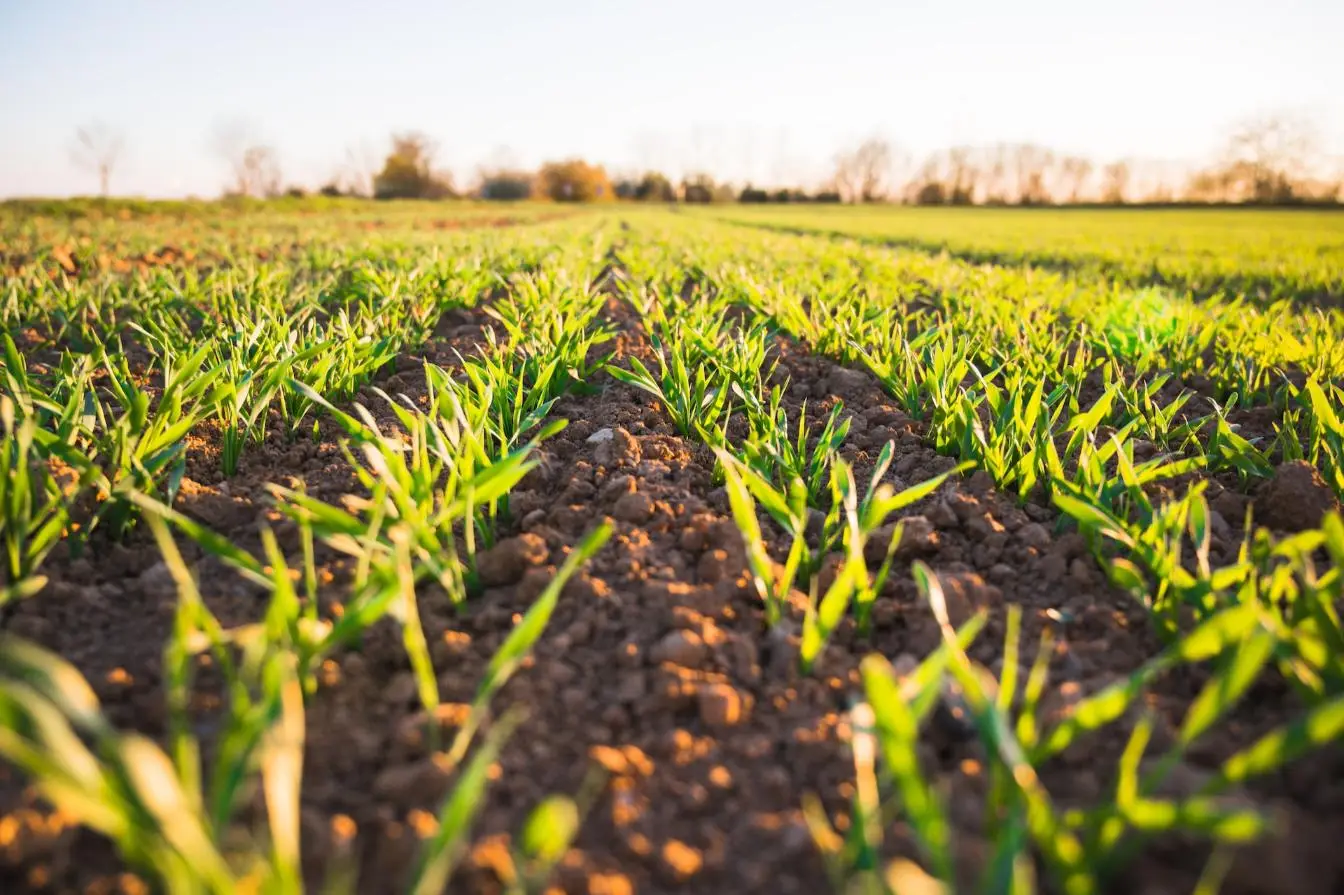
Gusto Crop Tech Private Limited

One of the major challenges faced by farmers worldwide is the control of pests and diseases that can significantly impact crop yield and quality. Traditional methods of pest control often rely on the use of chemical pesticides, which can have harmful effects on both the environment and human health. However, nanotechnology offers a promising alternative.
By utilizing nanoparticles, scientists have been able to develop targeted delivery systems for pesticides and fungicides. These nanoparticles encapsulate the active ingredients, allowing for precise and controlled release. This targeted approach not only maximizes the efficacy of the pesticide but also minimizes its negative impact on the surrounding ecosystem.
Nanotechnology has also paved the way for improving nutrient uptake in plants. Micronutrients such as zinc, iron, and magnesium play a vital role in crop growth and development. However, their absorption by plants can be limited due to various factors, including soil conditions.
Nanoparticles, particularly those made from biocompatible materials, can enhance nutrient uptake by plants. These nanoparticles can be engineered to release specific nutrients over time, ensuring their availability to plants when needed most. This innovative approach not only increases crop productivity but also reduces the need for excessive fertilizer application, leading to more sustainable agricultural practices.
The development of controlled-release fertilizers has been a significant breakthrough in sustainable agriculture. Traditional fertilizers often result in nutrient runoff, causing water pollution and subsequent damage to aquatic ecosystems. To address this issue, scientists have turned to nanotechnology.
Controlled-release fertilizers utilize nanoparticles as carriers for nutrients. These nanoparticles can release nutrients slowly and in a controlled manner, ensuring that plants receive a steady and continuous supply of essential elements. This reduces nutrient wastage and minimizes environmental pollution, making agriculture more sustainable in the long run.
Water scarcity is a major concern in many parts of the world, severely impacting crop production. Nanotechnology has made significant strides in developing smart irrigation systems that optimize water usage and improve crop water efficiency.
Smart irrigation systems incorporate nanosensors that monitor soil moisture levels and plant water stress. These sensors provide real-time data, enabling farmers to make informed decisions about irrigation schedules and water allocation. By avoiding over-irrigation and ensuring precise water delivery, these systems help conserve water resources while promoting healthy plant growth.
The advancements in nanotechnology offer a glimpse into the future of plant health and nutrition. With ongoing research and development, scientists are exploring even more innovative applications of nanotechnology in agriculture.
Nanomaterials, such as carbon nanotubes and nanoclay, hold the potential to improve soil fertility, enhance nutrient availability, and promote root growth. Nanosensors integrated into crops can provide real-time data on plant health, allowing for proactive disease management and targeted nutrient supplementation. Furthermore, nanotechnology-based gene editing tools like CRISPR-Cas9 offer unprecedented precision in crop improvement, leading to the development of high-yielding, disease-resistant varieties.
In conclusion, nanotechnology is proving to be a game-changer in the field of agriculture, particularly in the realm of plant health and nutrition. From combatting pests and diseases to improving nutrient uptake and developing sustainable farming practices, nanotechnology offers a range of solutions that benefit both farmers and the environment. As research continues to unlock the full potential of nanotechnology, we can expect to see remarkable advancements in plant health and nutrition in the years to come.